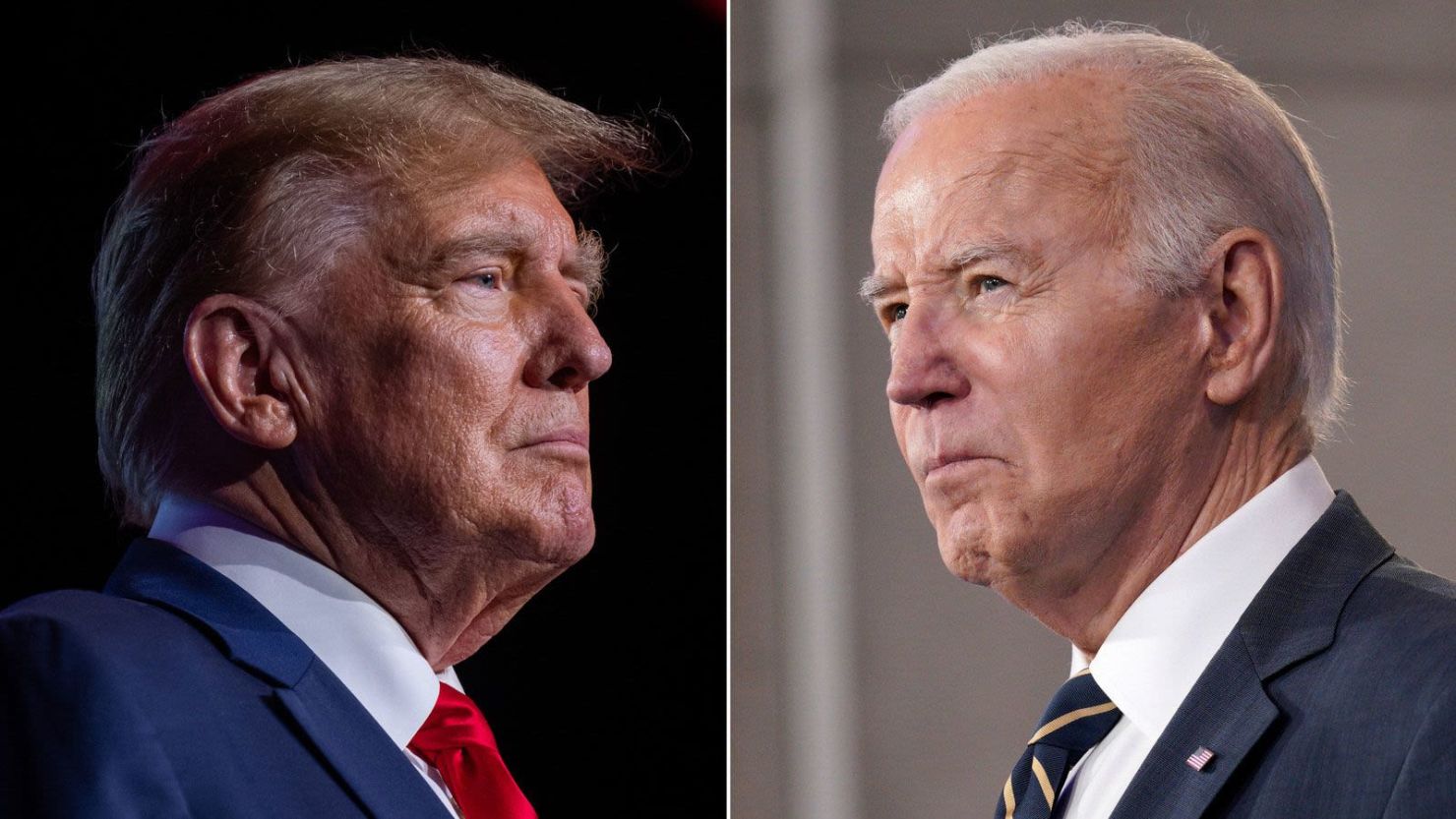The American System of Justice: Enduring, Imperfect, and Essential
The American justice system, with nearly 250 years of history, stands as a cornerstone of the nation. It embodies the principles of fairness, equality, and due process that are fundamental to American democracy.

However, recent political developments have brought unprecedented scrutiny and criticism, particularly from those dissatisfied with judicial outcomes. This article explores the complexities of the American justice system, its challenges, and the importance of respecting its integrity.
The Foundation of the American Justice System
The American justice system is built on the Constitution, which enshrines the rule of law and the rights of individuals. This system is designed to be impartial and independent, ensuring that justice is administered without fear or favor. Over the centuries, it has evolved to address the changing needs of society, incorporating mechanisms to correct its own errors and injustices.
Recent Political Tensions and Accusations
In recent years, the justice system has been at the center of political controversy, especially surrounding the 2020 presidential election. Former President Donald Trump and his supporters have repeatedly claimed that the election was “rigged” despite numerous court rulings and investigations affirming its integrity. These claims have undermined public confidence in the justice system and have been deemed reckless and dangerous by various legal and political observers.
The Role of the Justice System in a Democracy
The justice system’s role in a democracy is crucial. It not only resolves disputes and punishes wrongdoing but also upholds the Constitution and protects individual rights. Respect for judicial decisions is fundamental to maintaining order and the rule of law. Discrediting the justice system because of unfavorable outcomes threatens the very fabric of American democracy.
President Joe Biden, among others, has stressed the importance of respecting the justice system. He argues that calling the system “rigged” simply because one disagrees with its verdict is irresponsible and undermines the principles upon which the United States was founded. This respect for the justice system is what separates a functioning democracy from chaos and authoritarianism.
The Biden-Trump Dichotomy: Family and Legal Troubles
A stark contrast exists between the handling of personal and legal troubles within the Biden and Trump families, which further highlights differences in their public images and approaches to justice. Hunter Biden, President Biden’s son, has faced legal scrutiny for gun-related charges during a period of personal turmoil. Throughout his legal challenges, the Biden family, including First Lady Jill Biden, has shown public support, demonstrating a united front despite the difficulties.
In contrast, Donald Trump’s family has been less visibly supportive during his numerous legal battles. Former First Lady Melania Trump has notably been absent from Trump’s legal proceedings, including high-profile cases involving accusations of fraud and sexual misconduct. This divergence in family support and public presence during legal challenges underscores the different approaches and personal values of the two families.
The Legal Consequences for Donald Trump
Donald Trump faces multiple legal challenges, including accusations of fraud, tax evasion, and sexual assault. These cases have resulted in several convictions against his businesses and ongoing investigations into his personal conduct. Despite these legal troubles, Trump remains a significant political figure, continuing to influence the Republican Party and its base.
Trump’s legal issues highlight the justice system’s ability to hold powerful individuals accountable. The numerous indictments and convictions related to his business practices and personal behavior serve as a testament to the system’s impartiality and diligence. However, they also reveal the deep political divisions within the country, as many of Trump’s supporters view these legal actions as politically motivated.
The Importance of Integrity and Accountability
President Biden’s recent remarks about Trump underscore this principle. Biden has emphasized that Trump’s behavior, particularly his refusal to accept the 2020 election results, poses a threat to democratic norms. He argues that respecting the justice system and its decisions is essential for maintaining public trust and the stability of American democracy.
The Role of the Media and Public Perception
The media plays a crucial role in shaping public perception of the justice system. Responsible reporting is essential to ensure that the public understands the complexities and nuances of legal proceedings. Sensationalism and biased reporting can exacerbate divisions and undermine confidence in judicial outcomes.
In the era of social media, misinformation and partisan narratives can spread rapidly, distorting the public’s understanding of legal issues. It is incumbent upon journalists and media outlets to provide accurate, balanced coverage that upholds the principles of justice and the rule of law.
The Future of the American Justice System
Looking ahead, the American justice system faces significant challenges. Political polarization, public skepticism, and attempts to undermine judicial independence threaten its integrity. However, the system’s resilience and ability to adapt offer hope for its continued strength.
Efforts to reform and improve the justice system are ongoing. Addressing systemic issues such as racial bias, inequitable access to legal resources, and the influence of money in politics is essential to ensure that the system remains fair and just for all Americans.
Conclusion
The American justice system is a cornerstone of democracy, representing fairness, equality, and the rule of law. Despite recent controversies and political attacks, it remains essential to respect and uphold its integrity. The system’s ability to hold powerful individuals accountable, maintain public trust, and adapt to societal changes underscores its enduring importance.
As Americans, it is our collective responsibility to support and strengthen the justice system. This involves respecting judicial outcomes, advocating for necessary reforms, and ensuring that the system remains independent and impartial. By doing so, we honor the principles upon which the United States was founded and ensure the continued health of our democracy.
News
(VIDEO) Celebs that P Diddy EXPLOITED for Cash
P Diddy and the Dark Side of the Entertainment Industry The entertainment industry is no stranger to scandal and controversy, but the recent revelations surrounding P Diddy (Sean Combs) have brought to light a web of disturbing allegations and connections…
(VIDEO) Kevin Hart IN TEARS After New Leaks EXPOSE Him At Diddy’s After Parties!!
Kevin Hart: A Complex Journey Through Fame, Scandal, and Personal Growth Kevin Hart, the renowned comedian and actor, has led a life marked by both incredible professional success and deeply personal scandals. His journey from selling sneakers to becoming one…
(VIDEO) “He Ruined My Life” Former Diddy Employees TEAM UP To EXPOSE Him!
The Dark Side of Fame: Allegations Against Diddy and the Revelations from Former Employees The music industry is often glamorized for its glitz and glamour, but behind the scenes, it can harbor dark secrets and troubling behavior. Recently, Sean “Diddy”…
(VIDEO) “He’s Why Justin Bieber Is DEPRESSED!” Undercover FBI Agent EXPOSES Diddy
The Tumultuous History of Snoop Dogg, P. Diddy, and the East Coast-West Coast Rivalry Hip-hop history is fraught with feuds, friendships, and ever-changing alliances. Central to many of these stories are iconic figures such as Snoop Dogg and P. Diddy…
(VIDEO) “Diddy Did Usher Dirty Forever” Snoop Dogg EXPOSES Sean Combs!
The Tumultuous History of Snoop Dogg, P. Diddy, and the East Coast-West Coast Rivalry Hip-hop history is fraught with feuds, friendships, and ever-changing alliances. Central to many of these stories are iconic figures such as Snoop Dogg and P. Diddy…
(VIDEO) Undercover CIA Agent EXPOSES Diddy & Jay Z!
The Fall of P. Diddy: A Dismantling of Credibility and the Unfolding Legal Crisis Introduction In recent years, Sean “P. Diddy” Combs has found himself at the epicenter of numerous controversies and legal battles that have significantly tarnished his once-polished…
End of content
No more pages to load











